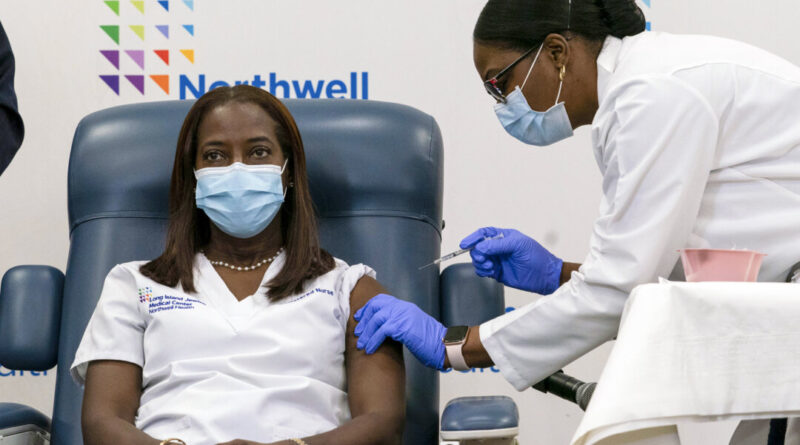Agency Reports Rise in Vaccine Injury Claims During COVID Pandemic, Yet Reimbursements Remain Low
Of the 13,333 claims related to COVID-19, only 92 were deemed eligible.
A recent report from a federal congressional agency reveals that a review of the U.S. vaccine injury compensation program indicates that fewer than 3 percent of finalized claims during the initial years of the COVID-19 pandemic qualified for reimbursement.
The program reviewed about 25 percent of all claims submitted and found that only 92 of “the completed claims were eligible for compensation,” representing roughly 3 percent of the total, according to the GAO’s report.
According to GAO, “Most individuals who receive vaccinations or treatments for specific public health threats, including COVID-19 vaccines, experience no serious adverse effects. However, as with any medication, there is a rare possibility of injury or even death.” The agency pointed out that legislation has “restricted industry liability” to “promote the development of these vaccines.”
As of June this year, the program has disbursed around $6.5 million in compensation for claims, noting that the most severe injuries, like Guillain-Barré syndrome, were linked to the H1N1 influenza vaccine, as highlighted by the GAO’s report.
A smaller fraction, as reported by GAO, was “allocated for injuries associated with COVID-19 countermeasures, such as myocarditis (an inflammatory heart condition).” For these claims, merely $400,000 has been dispensed.
According to the U.S. Food and Drug Administration, myocarditis, which is an inflammation of the heart’s middle muscle layer, and pericarditis, an inflammation of the membrane surrounding the heart, are recognized side effects associated with COVID-19 vaccines.
“Consequently, reviewers meticulously evaluated each case to determine eligibility for benefits, which prolonged the claims adjudication process,” the report stated.
This report emerged just days after House Oversight Republicans criticized the U.S. vaccine injury reporting systems and associated compensation programs for being ineffective and in need of enhancement.
The officials also claimed that the U.S. has been “inefficiently, unfairly, and non-transparently adjudicating claims for those injured by the COVID-19 vaccine.”
This month, the Biden administration extended liability protections for manufacturers of COVID-19 vaccines, healthcare providers, and others until 2029, stirring discussions about accountability concerning vaccine injuries.
Following Donald Trump’s election victory in November, he indicated his intention to nominate Robert F. Kennedy Jr., a known critic of COVID-19 vaccines and mandates, to oversee HHS, a move that would require Senate approval. Kennedy recently commented that he doubts the vaccines prevent the virus’s transmission.
“In May 2020, I recognized that the vaccines would not stop transmission because I was reviewing the primate studies,” he informed NBC News, adding that he would not eliminate the vaccines if they “are effective.”
“If vaccines are beneficial for some individuals, I will not take them away. People should have the freedom to choose, informed by comprehensive information. I will ensure that studies on scientific safety and efficacy are accessible so individuals can make personal decisions regarding whether that product is suitable for them.”




